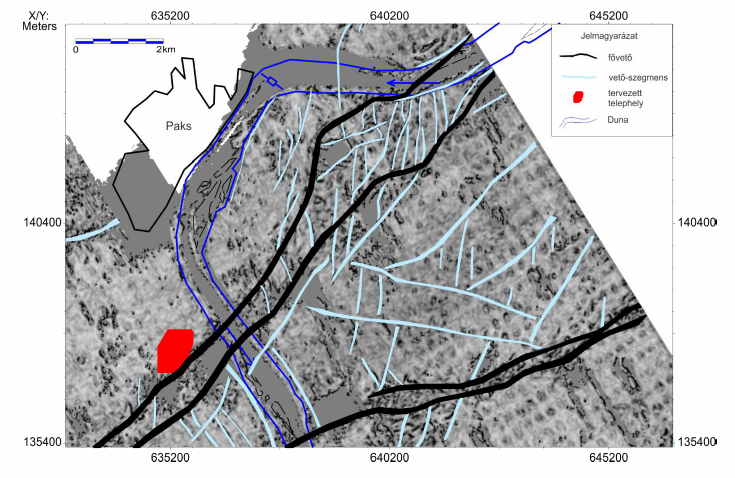The https://english.atlatszo.hu use cookies to track and profile customers such as action tags and pixel tracking on our website to assist our marketing. On our website we use technical, analytical, marketing and preference cookies. These are necessary for our site to work properly and to give us inforamation about how our site is used. See Cookies Policy
Hungary by Atlatszo – Paks II. NPP site does not comply with IAEA seismic safety recommendations
This is what Atlatszo.hu write this week:
Paks II. NPP site does not comply with IAEA seismic safety recommendations

A tectonic fault line runs under the site of the planned Paks II nuclear plant. Moreover, a geologist found traces of earthquakes that happened less than ten thousand years ago and reached the surface. That is, the site does not comply with IAEA recommendations.
Data visualization: This is how the Budapest FINA World Championships’ budget skyrocketed
The first budget estimated that the event will cost HUF 38 billion (EUR 125 million); the reality is that Hungary already spent HUF 133 billion (EUR 438 million) on the water championships. Moreover: 30 billion of that money was spent without using public procurement procedures.
In For a Penny, But Not For the Pound: V4 countries refusing to take in asylum seekers
While the V4 politicians stress the importance of solidarity and behaving according to Christian values, there are no concrete proposals for solving the problem of refugees who are already in Europe.
We also read this:
The Guardian: Hungarian far right launches new political party
Hundreds of Hungarian right-wing militants gathered in Budapest to launch a political movement that they hope will run in next year’s parliamentary elections on a platform that includes open racism.
The Financial Times: Brussels steps up action against Hungary over civil society curbs
Brussels intensified the EU’s confrontation with PM Orban, stepping up its action against the country over laws that target civil society groups and universities with foreign links.
The Washington Post: Hungary buys 2nd half of Roman-era silver treasure
The government of Hungary has bought the remaining seven objects of a Roman-era silver collection believed to have been smuggled out of the country in the 1980s.
New Eastern Europe: Constructing a new past in Hungary
‘During Fidesz’s first term there was an attempt to issue new legal regulations so as to constitutionalise a history’ – An interview with Gábor Egry, chief director at the Institute of Political History in Budapest.
[sharedcontent slug=”hirdetes-english”]

